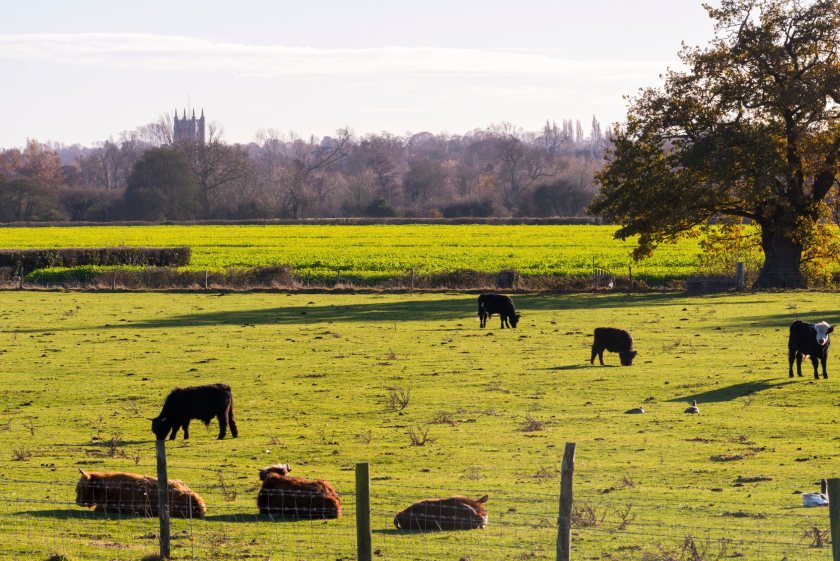
Farm owners and managers across the UK are being asked for their help with student research into a multi-million-pound problem facing the cattle industry.
A short questionnaire is examining farmers’ views on Johne’s disease and some of the management practices which are used to try and halt its spread in the UK.
Johne’s disease is a chronic and contagious bacterial disease which has no known treatment – so good on-farm management and sanitation practices are key to preventing its spread.
A report by the Agriculture and Horticulture Development Board (AHDB) in 2013 found the disease cost the UK cattle industry £13 million annually.
BSc (Hons) Veterinary Bioscience student Rhian Masson, from the Isle of Man, said: “My questionnaire seeks to find out whether demographics influence Johne’s prevalence across the UK - and farmers’ attitudes towards Johne’s disease more widely.
“I am looking to identify weaknesses in the rationale behind unsuccessful disease control efforts and why herd size may have an effect."
She asked: “For instance, if a farm has perhaps not employed all the potential biosecurity measures to reduce the disease on farm – why?
“Do they need more support, whether that is financial or educational?"
The disease has numerous impacts, such as loss of productivity, higher climate impact - as animals are less efficient - and decreases in welfare for the sick animals.
The consequences of those effects result in significant economic losses to farmers.
Ms Masson added: “Smaller farms are hit harder by these losses, and we may lose more small family-run farms because of Johne’s disease, leading to economic loss and the reduced mental wellbeing of farmers.
“My hope is to improve the health, welfare, and efficiency – and therefore the climate impact - of dairy cattle across the UK and support farmers while doing so.”
Senior Lecturer Dr Tharangani Herath said that understanding how farmer practices and attitudes impact Johne’s disease was crucial.
"Identifying barriers can improve awareness, enhance diagnostics, and develop targeted biosecurity strategies."
The short survey should be completed by dairy farm owners or managers over the age of 18 before 28 February.
